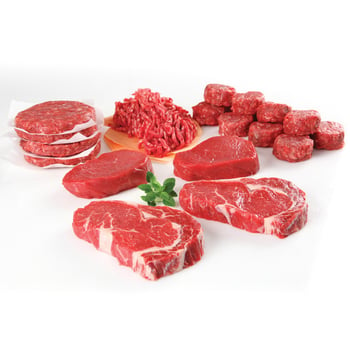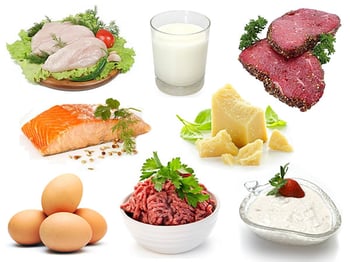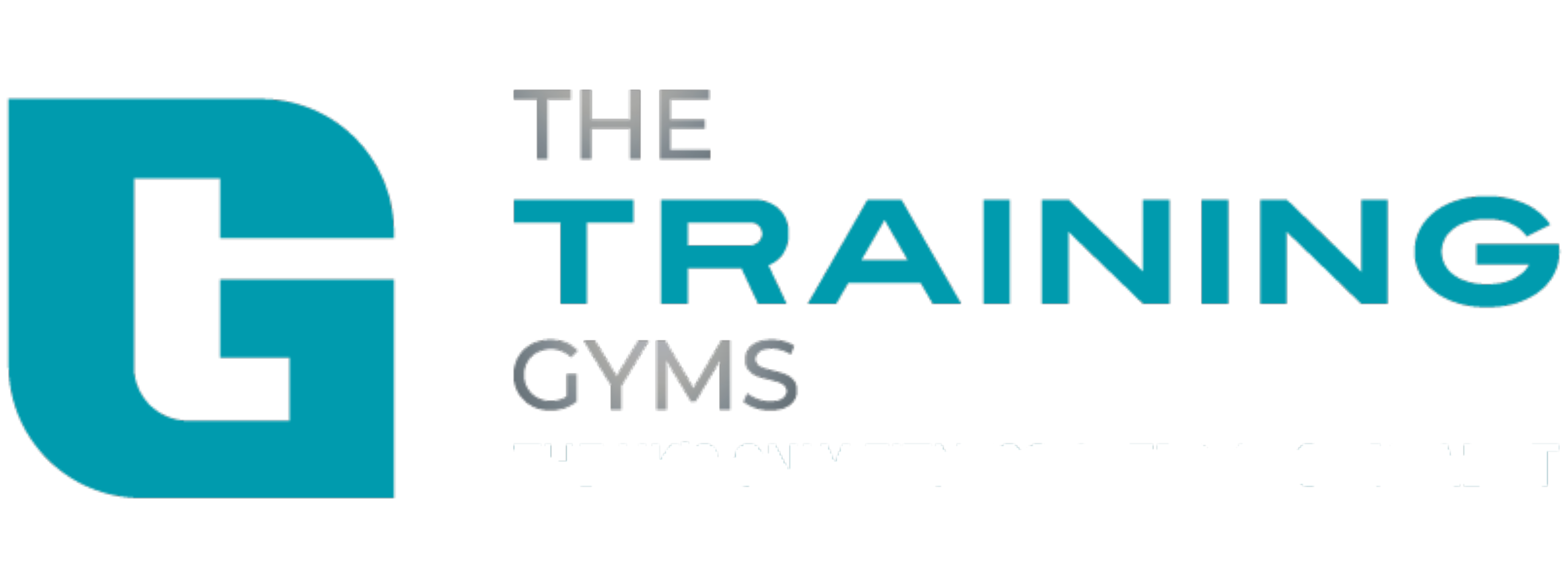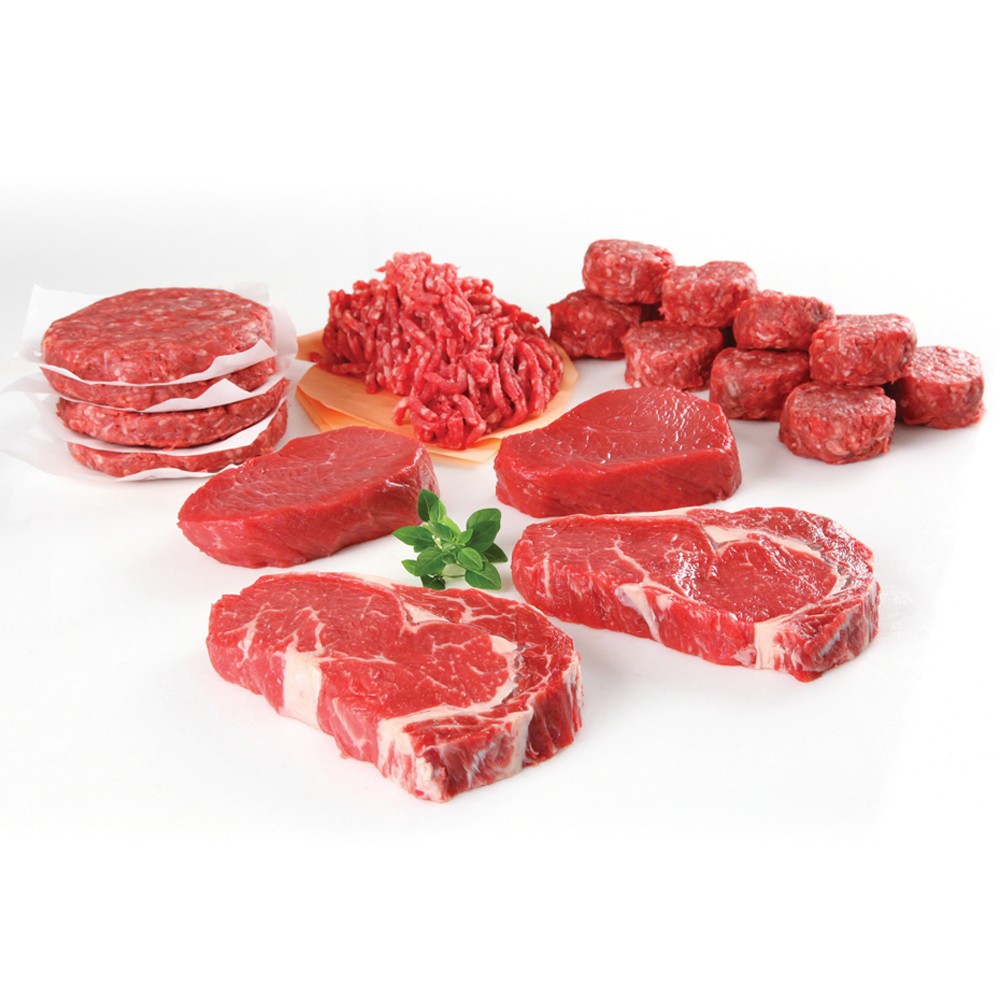 Christina: This is Christina with the DVCC and today I’m joined with Sam, trainer at the DVCC’s Bedford location, to discuss the importance of healthy eating.
Christina: This is Christina with the DVCC and today I’m joined with Sam, trainer at the DVCC’s Bedford location, to discuss the importance of healthy eating.
Now Sam, we all know that we should be eating healthily, but why is it especially important to eat healthily when we’re working out?
Sam: It’s especially important to eat healthily around pre and post workout because you want to be fuelling your body with the correct food which is going to, in turn, sustain high intensity training; the same with post workout training, you want to feed your body with sufficient nutrients in order for it to recover.
Christina: So if you’re not eating healthily then perhaps you’re not giving your body a chance to recover properly?
Sam: That’s correct, yes. You want to be having a balanced diet with a good nutritional base.
Christina: What would be a good example of a healthy eating day, for example?
Sam: It’s been proven to start the day with a high protein and fats meal, to set your hormones up. For example, this could be omelette with spinach, a protein shake with avocado or steak with vegetables, if that’s something you wanted to do.
And then you could follow that up mid morning with a small snack consisting again of protein and fats, such as a shake and walnuts or almonds.
You could then train in the afternoon, that is typically what I do; and then I will follow that up with a post workout meal consisting of protein carbs and fats. So carbs post workout will be important here, to ensure your muscle glycogen is refuelled. And then you can have another snack and an evening meal.
So, just to keep it simple: three main meals throughout the day and two snacks in between, so five in total to keep yourself going throughout the day.
Christina: The idea behind that, I guess, is that we never really let ourselves get hungry?
Sam: Correct, yes, it’s going to regulate your appetite and it will stop you from bingeing. Just having smaller meals throughout the day, I find it sustains my hunger a lot better.
Christina: What are the major foods that we should be incorporating into our diets? I think you’ve mentioned some, but what are the main important ones?
Sam: I think it’s typically better to go for quality rather than the things that you’re actually eating. I think avoiding things like processed meats is very important, and choosing something better, like grass fed or corn fed chicken. You could go for grass fed steaks as well.
Basically eating anything that swims, flies, comes out of the ground or is green, is typically what we like to promote.
Christina: What’s wrong with processed foods then?
Sam: Processed foods are very high in additives; if you look at the back of the packaging, they’re not actually made up of 95-100% meat, there’s a lot of stuff added to them. They can be injected with various liquids and they’re injected with other things as well, to keep their shelf life very high, so they will typically last a lot longer.
Christina: So we should be looking for quality, for example we can have a ham sandwich but we should be going for quality ham, quality meat.
 Sam: Sure, yes; the butcher’s meat is the best cut you’ll get, so things like fresh ham from there would be a good choice.
Sam: Sure, yes; the butcher’s meat is the best cut you’ll get, so things like fresh ham from there would be a good choice.
Also avoid anything too high in sugar, refined sugar that is. Obviously, you want to cut out things like chocolate, crisps, anything that’s high in sugar.
Christina: So those are the main things we should avoid, the high sugar things?
Sam: High sugar things, typically, are the ones you want to avoid where possible, yes.
Christina: What would you say would be worse; a bacon sandwich or a chocolate bar?
Sam: It depends really; it’s a lot to do with your overall calorie consumption for the day as well. It’s not the worst thing in the world to have a chocolate bar, providing the rest of your nutrition is sound throughout the day.
Obviously, a bacon sandwich isn’t the best choice either; we try to go for the healthier carbs, such as brown rice, quinoa, rather than bread. A lot of people find that bread bloats them out and it can make you feel very sluggish; it isn’t the best choice when it comes to carbs.
I think it depends on your overall nutrition; having a small piece of chocolate or a small chocolate bar a couple of times a week isn’t going to be too bad, providing the rest of your nutrition is on point.
Christina: What about things like alcohol and coffee? Are they ok to have occasionally or are they a no-no as well?
Sam: Black coffee before training I would recommend; the caffeine is going to improve your alertness, it certainly helps with my training. I would limit caffeine, or coffee, to one to two a day, due to the effects it has on cortisol – cortisol is your stress hormone. Coffee has been proven to increase the level of cortisol if you take it too regularly.
With regards to alcohol, I would probably limit alcohol intake as well; it’s generally high in calories; things like beer and lager especially. It can prevent protein synthesis also, which is going to inhibit muscle growth, so with alcohol I would typically try and save it for social events you have, typically one or two a month. You can save it for those, enjoy yourself and have a couple of drinks then.
Christina: So best to steer away from that then, but coffee is actually good for exercise, is it? Or are there limits?
Sam: Yes, I have a pre-workout coffee drink, just a straight black one, thirty minutes before training. I just find it brings my energy up slightly so I’m able to get a more intense workout – so yes I would recommend it pre-workout.
Christina: You mentioned that healthy eating will help us with the recovery; how else does it support our exercise programme?
Sam: For me typically, it helps my overall mood. With my overall mood being good, energy levels also increase during workouts. It can also increase your metabolism which is going to help promote fat loss, and aid in recovery as well, which obviously allows you to replenish and exercise again.
Christina: Can you have one of these without the other? For example, can you eat healthily and not exercise, or can you exercise and eat badly?
Sam: Typically for fat loss, if your goal is for fat loss, if you’re eating unhealthily and training, you could typically train seven days a week or even more; let’s say you trained every day; if you’re eating too much, too many bad foods, at the end of the day you’re not going to be losing the amount of body fat you want to, and vice versa: if you’re training infrequently and eating healthily, you probably won’t get the fat loss results that you desire either.
So the two obviously do go hand in hand; when you combine both of those, you’ll see much better results.
Christina: We’ve been hearing a lot of talk lately about macro nutrients. Can you tell us a bit about those?
Sam: Yes, briefly just to mention, to break down: the macro nutrients are protein, carbohydrates and fat, so it’s the amount of those three food groups that you have per day.
Christina: And why are they so important in our diet?
 Sam: To go through them: protein is very important, it’s like the building blocks for building muscle; you’ve got carbs which is your main energy source and fats also, which is your second energy source but also regulates your hormones too.
Sam: To go through them: protein is very important, it’s like the building blocks for building muscle; you’ve got carbs which is your main energy source and fats also, which is your second energy source but also regulates your hormones too.
Christina: What about yourself – have you personally always eaten healthily?
Sam: Not always; when I was growing up I always had quite a large appetite so I never really controlled my portions. I’d have a lot of bread every day, a lot of pasta, a lot of cheese; so my calorie intake was very high.
I’m quite tall, 6’5”; typically, before I started training I was about 250 lbs, which was pretty heavy. It wasn’t until I started training that I combined it with healthy eating and I found that I got a lot better results.
Christina: What’s your favourite healthy meal?
Sam: Favourite healthy meal? I would probably pick chicken; I really like to have chicken grilled with fresh vegetables.
Or post workout I am occasionally partial to having protein porridge: porridge with water, microwaved and having a scoop of protein powder in there too. I occasionally do that post workout as a treat.
Christina: That’s a treat for you then, porridge?
Sam: It is, yes.
Christina: What about a reset meal; do you let yourself have a cheat meal or a reset meal once a week?
Sam: Yes, typically I like to have one once a week; I think once a week is a good base for one. Typically, on a Sunday evening if I am at home, which I am most times, I’ll cook a pasta dish; I like to make salmon pasta with crème fraiche. I typically like to avoid pasta, but for cheat meals, one of my favourites is Italian cuisine it’s one of my favourable food choices. So yes, Sunday nights, I would say once a week is a good level to have.
Christina: And that’s your chance to get a little bit of what you fancy, just once a week.
Sam: Indeed, yes, I think we’ve got to reward ourselves. Nobody’s strict 100% of the time, and one meal a week isn’t going to make a massive difference on your training. So yes, it’s good to do.
Christina: So if you’re eating healthily and you’re working out, is that all you need or should we be including any types of supplements into our diet?
Sam: Yes, supplements definitely benefit you. I do take the DVCC Vital 3 daily. I take protein powder daily, two scoops with water, typically post training. I take it on my off days as well, it’s great for recovery and it’s a very convenient way to get your protein intake higher.
I take creatine every day; a scoop of creatine just mixed with water, I generally take it in the mornings, which is generally aimed at increasing strength.
I also take fish oil; fish oil is great for joint health. I found when I was doing squats when I first began that I would get a lot of knee pain, and as soon as I started taking fish oil it did relieve that pain, so I’d definitely recommend that.
And finally, magnesium: I did have trouble sleeping when I was training, so taking magnesium really helped with my sleep levels; I found it put me into a much deeper sleep, I’d feel rejuvenated and refreshed when I woke up. And it did help with carb cravings too.
Christina: So that helped you keep your pasta intake down then!
Sam: It certainly did, yes.
Christina: Have you anything else that you’d like to add?
Sam: No, that’s pretty much covered everything; I’d just say be consistent with your training, be consistent with your nutrition as well, I think that’s as important as your training. A lot of people overlook nutrition, but that’s what’s going to get you results.
Christina: Thank you very much Sam.
Sam: Thank you Christina.
Christina: The DVCC has centres in Bedford, Milton Keynes, Northampton, Hitchin and very shortly St. Albans and Central Bedfordshire. So if you’ve been listening to this interview and you’d like to find out more about how the DVCC can help you, then please book an appointment for a DVCC 60 minute discovery call, at www.theDVCC.com/signup.









